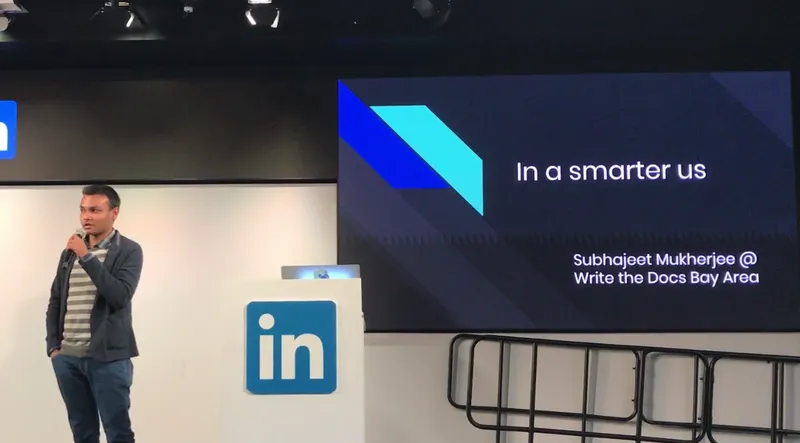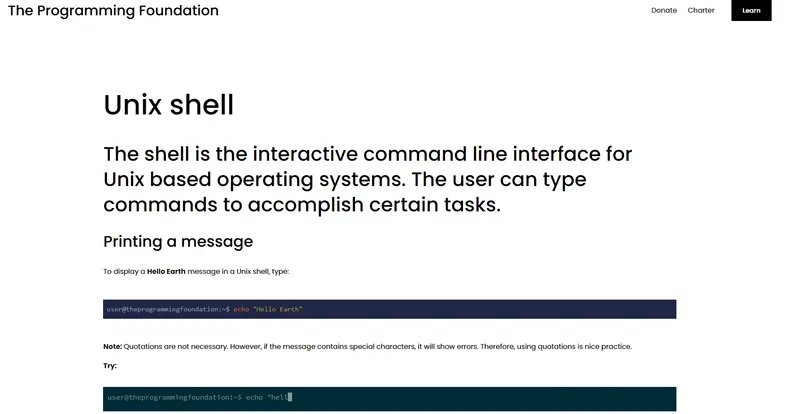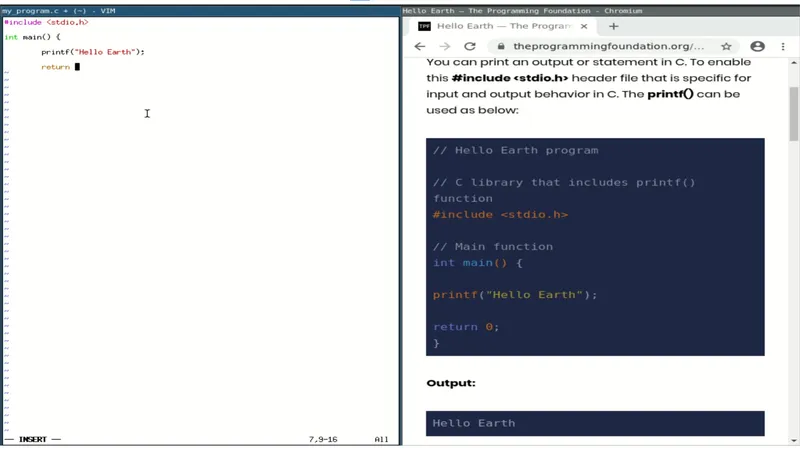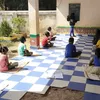The Programming Foundation is on a mission to make technology inclusive
Founded by Subhajeet Mukherjee, The Programming Foundation (TPF) aims to impart computer science education for free straight from their platform without the need for logins
In 2018, during his college days, Subhajeet Mukherjee from Kolkata realised that a lot of students were being taught computer programming through drag and drop tools.
“HTML and CSS are not programming languages. It’s disappointing to see that there is no emphasis on learning how an operating system works, even though that’s the first thing that a person interacts with when using a computer,” he adds.
Moreover, at a time when data security is of utmost concern, Subhajeet wanted to keep the users anonymous, and democratise computer science education. This was in a bid to foster people at the grassroot level, and create a self-sustaining community of developers worldwide.
Founded in February 2020 in Sunnyvale, California, The Programming Foundation (TPF) focuses on providing computer science education free-of-cost, without compromising data. Theodore Rolle, a Technical Account Manager with Google Cloud Professional Services Organization joined TPF as the Secretary and Technical advisor.

Subhajeet introducing TPF at talk event organized by Write the Docs at Linkedin San Francisco in early 2020
The 24-year-old aims to create a smarter general population through The Programming Foundation, and the operating system that he’s developing. He has authored two books on operating systems and given talks at HackerDojo, ACM, SF Python, and LinkedIn. He previously served as the Data Support Engineer at The Pill Club and Community Support Specialist at BetterHelp.
In fact, the non-profit platform does not require the user to log in or create an account. The lessons can easily be accessed from their main portal without giving any details about the users’ whereabouts.
Free lessons for all
“We have an integrated interface for Operating System, Programming and Logic. Under the Operating System, topics such as Unix, Vim and Kernel are covered. Furthermore, C, Python, and object-oriented programming make up the entire programming. Likewise, Binaries and Gates account for the Logic section,” says Subhajeet.
TPF is based on written instructions, interactive examples and processes. It provides volunteers with hands-on experience working together as a team by developing free and open-source tools to improve the platform.
“Currently, we have operating systems, important programming languages and logic domains in place in the ‘Learn’ page. We’re expanding our content base and interactive interfaces through a high bar, open contribution model,” he says.
The target audience for TPF at the moment are those who are in or have recently graduated from college/university. The main regions they focus on are Northeast India, some Northern regions of India, regions in South East Asia and Africa, and Midwestern United States.
Who can join?
“There are no great pre-requisites to join TPF classes. The general population needs to have a base level understanding of how computers work,” Subhajeet says.
“We don’t demand for devices either. Users can just use their smartphones to interact and learn.”
The classes are designed in such a way that the domains are laid out on the ‘Learn’ page itself. The categories are divided into Operating Systems, Programming and Logic. Users can go into the operating system domain, learn the concepts behind it and interact with the interface. “Furthermore, we’re shipping interactive versions of the Programming Languages into production very soon,” he says.

TPF's interactive step by step Unix Learning experience
Learners can study these concepts by directly visiting the platform which is the primary method. They don’t need to download anything as it’s all in there in the browser. After the end of each domain, they’re asked to answer a few questions on the domain to ensure impact.
TPF is also open to taking volunteers to work at the foundation, provided they have the basic requirements for the position. “We’ve over 30 volunteers from the US, India, South America and Europe. Many of them are part of the technology industry while others are new to technology.”
Challenges on the way
As a non-profit, TPF relies primarily on donations and grants. However, Subhajeet shares that they were fortunate enough to receive the Google Ad Grants, along with a lot of other in-kind support from leading industry technology companies in the initial stages and along the way. This helped them scale fast and gain a steady user base.
“To keep up with this steady growth, we need unrestricted grants to accommodate legal fees, enhance our tech infrastructure, polish our platform to become state of the art, tap into the R&D ambitions, and expand to make The Programming Foundation self-sustainable.”
Incidentally, getting donations and grants remains their biggest challenge as well. “When The Programming Foundation was launched during the pandemic, we never thought we would be able to survive till the end of 2020, but we successfully entered 2021,” he shares.
An inclusive future
While the Foundation is enabling a number of people with free programming courses, there are still a number of areas in the world that don’t have internet access. How does it empower them?
TPF wants to provide them with native experiences, and achieve a singular interface as The Programming Foundation’s Learn section.

A screengrab of The Programming Foundation's operating system that'll run on RISC-V to democratize the education of operating systems.
“We’re in the initial phases of building an operating system that will run on the open instruction set architecture, RISC-V. We recently showed a demo of the interface to the RISC-V foundation. Soon after we launched, we became a member of the RISC-V International, a non-profit dedicated to encourage RISC-V innovation and build a RISC-V ecosystem.”
TPF is prioritising accessibility so that people who are blind or differently abled can also use the platform and operating system in the future.
“Inclusion is important to us. We need more women and people from the LGBTQ community to represent technology. These are long term goals, and we have a road-map for that. We’ve started to encourage the usage of Gender Neutral pronouns such as “they”, and “them” at TPF. I believe this is the first step,” shares Subhajeet.
Edited by Anju Narayanan








